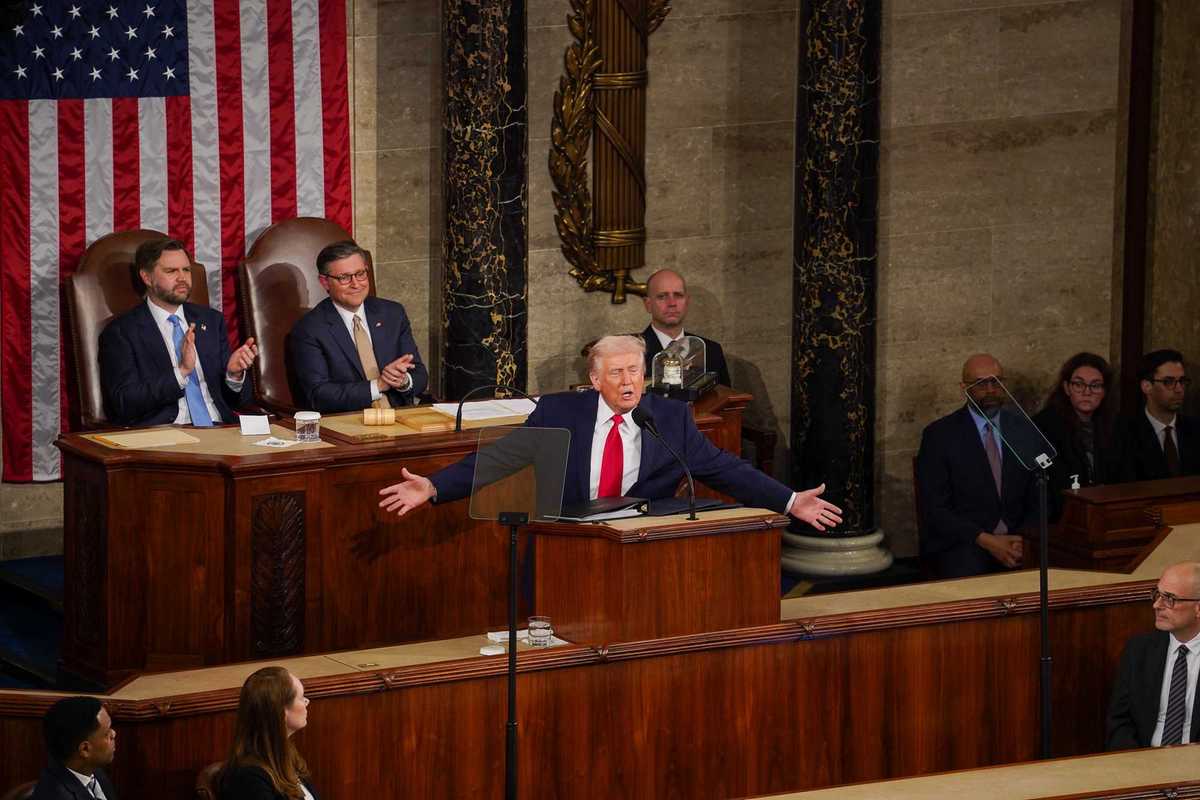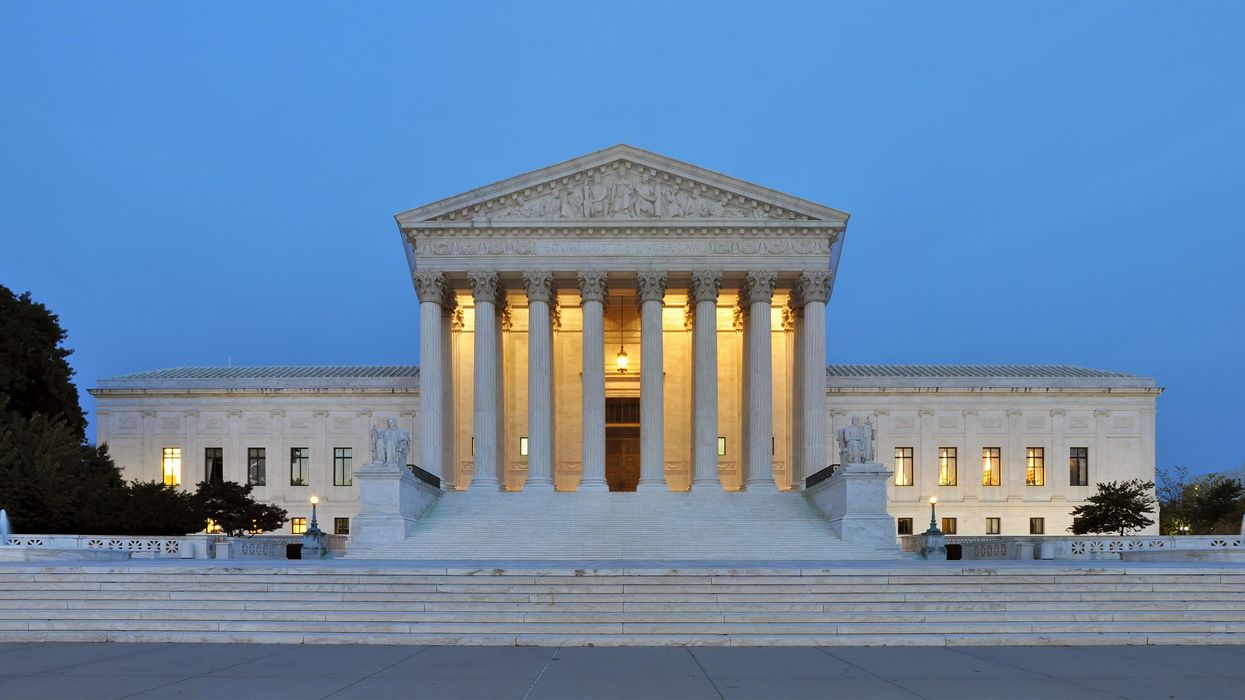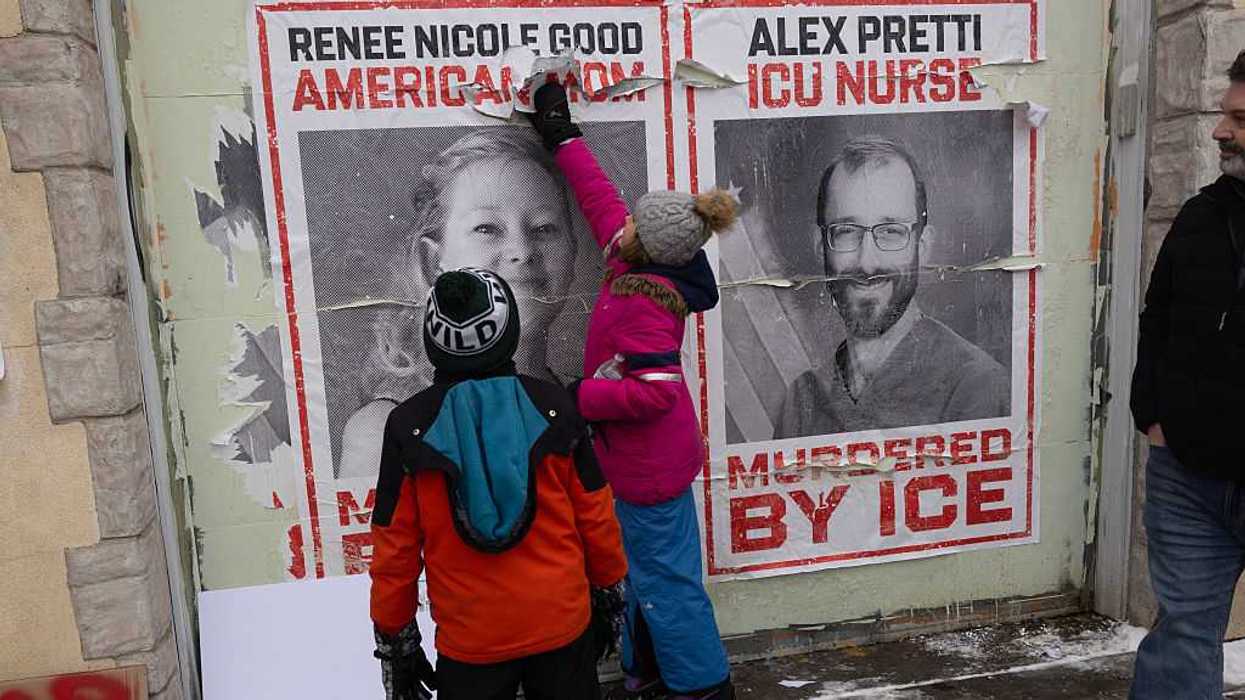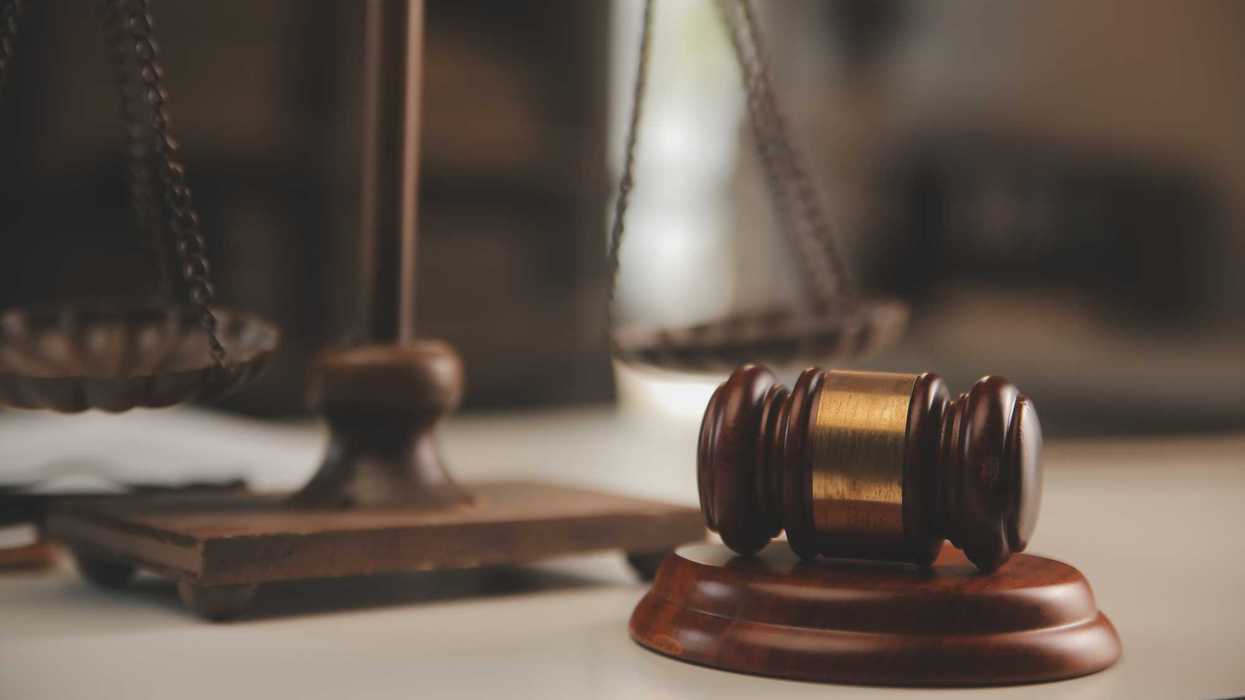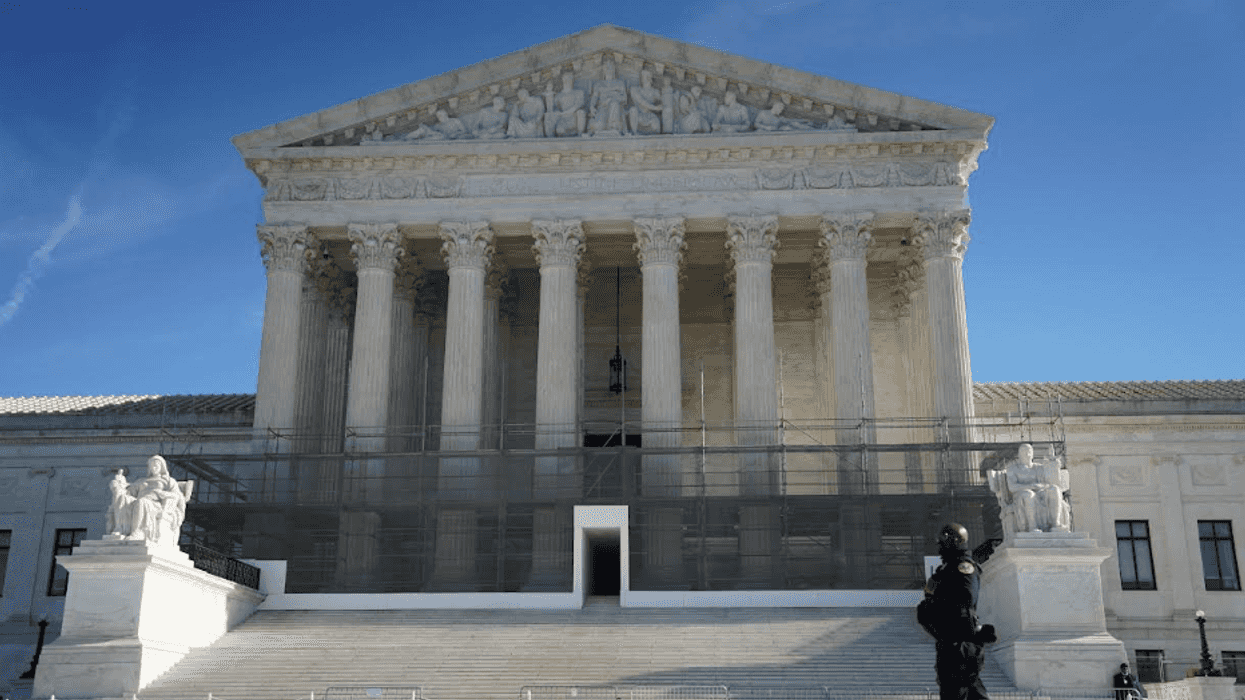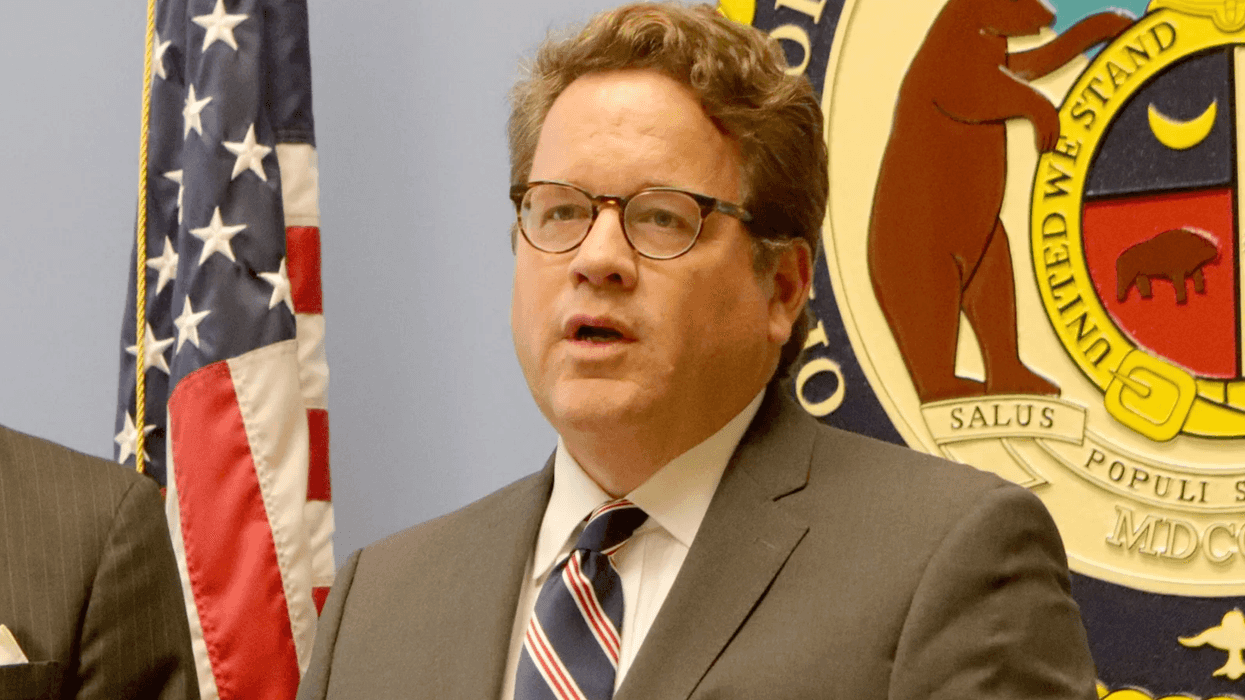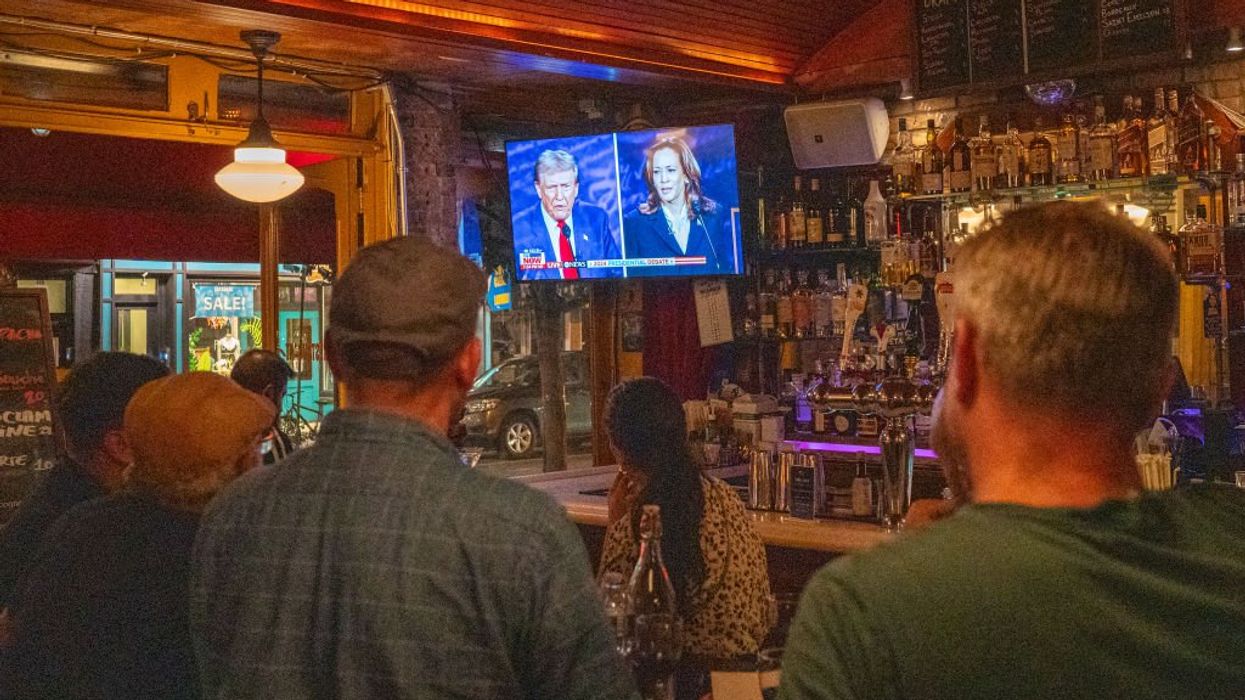Rikleen is executive director of Lawyers Defending American Democracy and the editor of “Her Honor – Stories of Challenge and Triumph from Women Judges.”
Events are now occurring at a breathtaking pace that leaves us in a perpetual cycle of breaking news and ramped-up emotions. Yet, within this maelstrom, our north star must be the rule of law — and protecting it when endangered.
The rule of law is endangered when a presidential candidate is nearly assassinated at his own rally by a 20-year-old armed with a semi-automatic rifle, whose accuracy killed a father shielding his family. It is further endangered by those who use this tragedy for political advantage, casting blame in the absence of a known motive as to why an unstable young man with access to a gun wreaked havoc on the country.
Each time the rule of law is weakened, our country becomes further at risk.
The very foundation of the rule of law rests on the public’s trust and confidence in our justice system. In the past two weeks, that confidence and trust has been shaken to its core. After another term featuring a series of sweeping decisions demonstrating broad judicial overreach, the Supreme Court has now demonstrated that the public can no longer place its trust and confidence in this court’s decisions.
In its most recent departure from the norms and principles that have guided the court historically, the radical Roberts majority decided that a president is essentially immune from prosecution. In a decision that went much further than it needed to go, but not far enough to provide any guidance for the lower courts, the majority abandoned a fundamental principle that courts must decide the facts that are before it, not the facts that judges and justices want.
Instead, Chief Justice John Roberts crafted a decision to match the majority’s ideology, which is extreme.
It is a misnomer to refer to the Roberts majority as conservative, as commentators often do. This country has lived through courts that expressed both traditionally liberal and traditionally conservative ideologies for decades. Rather, the Roberts majority represents an extreme viewpoint that violates centuries of constitutional principles in its decisions.
The court’s decisions have also done a disservice to the vast majority of lower federal court judges who daily seek to uphold the ideals of our justice system in a reasoned framework, based on precedent and the facts before them.
And that leads to the decision by one lower court judge who has embraced the openings that the Supreme Court created to issue rulings — or otherwise fail to do so – when it suited an agenda. After slow-walking the classified documents criminal case against former President Donald Trump for more than a year, Judge Aileen Cannon has now dismissed it entirely.
In doing so, Cannon has finally succeeded in what has seemed to have been her goal from the outset: Delay the case and deny any effort to seek justice. Of particular significance in her written ruling, Cannon cites several times Justice Clarence Thomas’ concurrence in the presidential immunity case in which he mused that special counsel Jack Smith’s appointment violated the law — an invitation for future litigation that even the radical majority did not include in its decision.
In effect, Thomas set forth a dispiriting call to which Cannon eagerly responded, leaving the rule of law in tatters.
Cannon has now earned her reputation as a radical who, like the Roberts majority, has continually demonstrated adherence to an ideological agenda that is at odds with principles of the rule of law.
None of us, however, can take time for lamenting. We cannot be a bystander to the dismantling of the rule of law and our democratic institutions.
Instead, we must ensure that our justice system survives these difficult times. There are organizations that need your talents, community forums that need your ideas, and myriad ways to serve as a convener and participant in civil discourse that can help reverse the current threats.
We have no other choice but to join together and save the rule of law. The risk is too real for us to think someone else will do the job.




